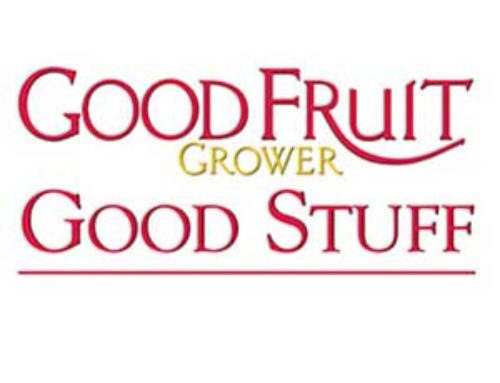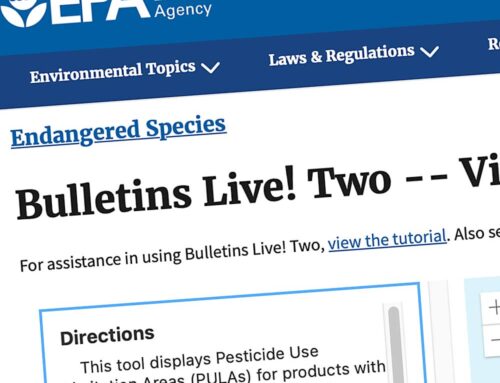A year ago, as he prepared to become president of the Washington State Horticultural Association, John Verbrugge identified labor and pesticides as the two major issues facing the industry. “They always have been and they always will be,” he told Good Fruit Grower.
“Labor and pesticides are the issues that are like little campfires that constantly keep popping up.” Sure enough, a year later, Verbrugge again identifies them as the industry’s major issues. “But I would call them forest fires right now,” he said. Many growers were short of pickers this fall, partly because of a delayed, compressed harvest, an overlap with hop harvest in the Yakima area, and a greater need for selective picking.
With orchard mechanization not yet widely adopted, Verbrugge thinks part of the way to address labor shortages is for the industry to decide what political direction it wants to go in and focus its time and effort on pursuing that in a proactive way. Some growers are using the guest worker H-2A program, but it hasn’t always worked out well. “In Washington, D.C., they’re just playing Ping-Pong games with the whole immigration deal,” he said. “And here we are as an industry and individuals left with…what? Right now, the labor supply’s really tight.”
Pesticide
The big issue in the pesticide arena is the recommendation by the National Marine Fisheries Service to establish no-spray buffers for key pesticides on rivers, streams, ditches, and canals where there might be an impact on endangered salmon (see “Growers call for ESA transparency” on page 14 of this issue).
The Washington State Department of Agriculture has said that a large portion of agricultural land in some areas could become no-spray zones as a result. The Marine Fisheries Service appears to have made the recommendation without taking all the facts into account, Verbrugge said, and it’s left growers wondering what they can do. “Why ever would they make a decision like that?” he asked. “There’s no rational decision making on their part.” Verbrugge, who is in charge of orchard operations at Valley Fruit, Wapato, Washington, chose “Sustainable Farming for Today’s Consumer,” as the theme for the Hort Association’s annual meeting, which will be held December 6–8 in Yakima.
“Sustainable” refers not so much to sustainable farming practices but more to sustaining the farmers themselves. Growers have to figure out how to survive through these difficult economic times, he said. Do they pull orchard out, farm empty ground, increase production, or do they replant?
The meeting program has been designed to help the industry address the challenges it will face in the coming year. Agricultural economist Dr. Desmond O’Rourke of Pullman, Washington, will speak about market trends and the future economy when he gives the Batjer memorial address. Greg Corrigan, director of produce with Raley’s supermarket chain, will take part in panel discussions on marketing and sales.
One of those discussions will focus on the local food phenomenon, which Verbrugge says is having an impact on Washington’s sales. What constitutes “local food” is difficult to define, but many consumers mistakenly assume it is more wholesome and better for the environment, he said, whereas shipping local food around in small quantities in fact can be a very inefficient way of providing food.
Most meeting sessions will be held at the Yakima Convention Center with a satellite feed enabling participants to view them at the Sundome, where the Northwest Hort Expo trade show is held. On the Monday afternoon, a live session on weather and climate will be presented in the upstairs room at the Sundome. For more information on the program or to register, check the Web site at www.wahort.org. •



Leave A Comment